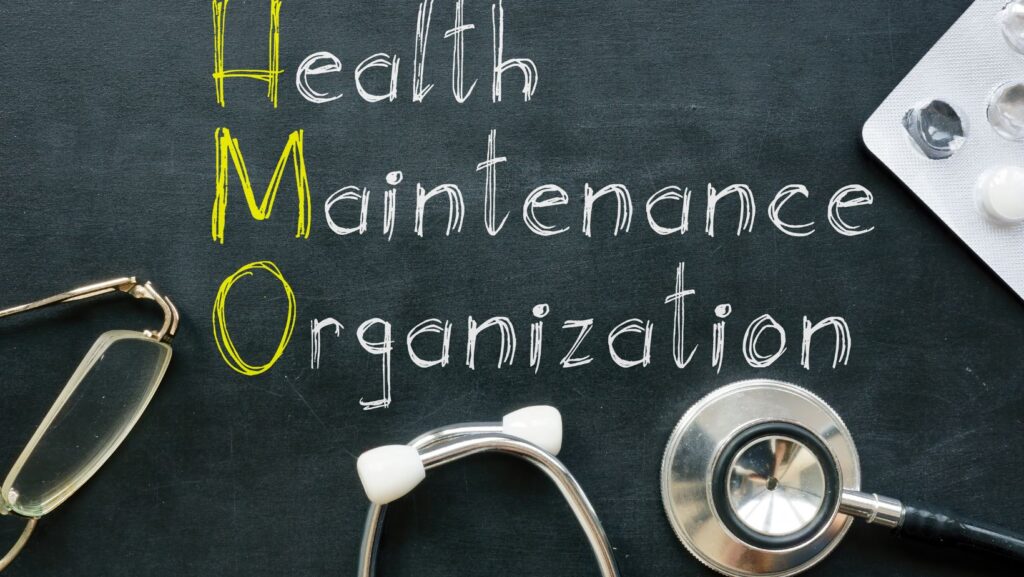
Managing a House in Multiple Occupation (HMO) in London comes with unique responsibilities and legal requirements. As a landlord or property investor, ensuring compliance with these regulations while maintaining the safety and well-being of tenants is crucial. HMO properties, where multiple tenants share facilities like bathrooms and kitchens, need specialized management to meet the strict standards set by local councils.
In this guide, we’ll explore HMO Management London, explaining what it entails, how it works, and why it is essential for both landlords and tenants. Whether you’re a new HMO landlord or looking to improve your management practices, this article will provide you with the information you need to run a compliant and successful HMO property in the capital.
What is HMO Management London?
HMO Management London refers to the process of managing Houses in Multiple Occupation in accordance with UK regulations and local council guidelines. An HMO is a property rented out by at least three people who aren’t from the same household but share facilities like bathrooms or kitchens. These types of properties are often found in cities like London, where housing demand is high.
Managing an HMO requires a different approach than standard residential properties. HMO landlords must meet specific legal requirements that ensure the safety and welfare of tenants. This includes everything from property maintenance to fire safety, tenant agreements, and compliance with local licensing requirements.
For landlords, effective HMO Management in London involves not only complying with these rules but also maintaining high standards of living for tenants to minimize turnover and avoid penalties.
How HMO Management London Works
The day-to-day management of an HMO property can be complex, particularly in a city like London, where local councils are stringent about enforcement. Here’s how HMO Management London works:
- HMO Licensing: In most London boroughs, HMO properties require a license. This license ensures that the property meets minimum standards for size, amenities, and safety features. The landlord must apply for this license from the local council, and failure to do so can result in heavy fines or even legal action.
- Tenant Management: HMO landlords need to manage multiple tenants under one roof, each with their own tenancy agreements. This includes handling rent collection, dealing with tenant disputes, and ensuring communal areas are maintained to a high standard.
- Safety Compliance: One of the most critical aspects of HMO Management London is fire safety. Properties must be equipped with fire doors, smoke detectors, fire extinguishers, and clear escape routes. Landlords must also ensure electrical and gas safety checks are regularly conducted.
- Property Maintenance: Regular maintenance and repairs are essential to keeping an HMO property compliant and habitable. This includes everything from fixing broken appliances to maintaining communal spaces like kitchens and bathrooms.
- Inspections: Local councils conduct regular inspections to ensure HMO properties are up to standard. Landlords need to be prepared for these inspections by keeping the property in top condition and maintaining all necessary documentation.

By adhering to these principles, landlords can ensure they provide a safe and comfortable living environment for tenants while staying compliant with legal obligations.
HMO Management Regulations
HMO management is heavily regulated in the UK, and London has some of the strictest rules due to the high number of HMO properties in the city. Here are some key regulations that landlords must comply with:
1. HMO Licensing Requirements
London landlords must obtain an HMO license if their property fits the legal definition of an HMO. The exact requirements vary by borough, but generally, properties must meet minimum standards for room sizes, kitchen and bathroom facilities, and fire safety measures. Licenses usually need to be renewed every five years.
2. Health and Safety Standards
All HMO properties must meet health and safety standards as defined by the Housing Health and Safety Rating System (HHSRS). This system identifies potential hazards in the home, such as poor lighting, dampness, or faulty electrical systems.
3. Fire Safety Compliance
HMO properties must have proper fire safety measures in place, including:
- Fire alarms
- Fire doors
- Smoke detectors
- Clear escape routes
Fire safety is critical in HMOs because of the higher number of occupants sharing communal spaces.
4. Space Standards
London councils enforce strict space standards in HMO properties. Bedrooms must be a certain size (usually 6.5m² for a single person) to ensure the property isn’t overcrowded. Communal areas must also be adequate for the number of tenants.
HMO Management Rules
In addition to general regulations, HMO landlords must follow specific management rules to ensure the property is running smoothly. These include:
- Conducting Regular Inspections: Landlords or property managers should regularly inspect the property to ensure compliance with safety regulations and that tenants are following house rules.
- Dealing with Repairs Promptly: Any issues raised by tenants, especially those concerning safety, must be addressed as quickly as possible.
- Providing Clear Communication: Effective communication with tenants is essential in an HMO setting. Landlords should keep tenants informed of any changes or maintenance work and be accessible for any issues that arise.

- Keeping Communal Areas Clean: Maintaining communal areas such as kitchens, bathrooms, and hallways is crucial for tenant satisfaction and hygiene.
- Ensuring Fire Safety Equipment is Functional: Fire extinguishers, alarms, and fire doors should be regularly checked to ensure they are in good working condition.
Importance of HMO Management London
Effective HMO Management in London is essential for both landlords and tenants. For landlords, proper management helps avoid hefty fines, legal action, and reputational damage. It also minimizes tenant turnover and vacancy periods, which are costly for property owners.
For tenants, good HMO management ensures a safe and comfortable living environment. Living in an HMO can sometimes mean sharing limited space with several other tenants, so it’s important that communal areas are well-maintained and safety measures are strictly enforced.
Proper management also ensures that all tenants are treated fairly, with clear tenancy agreements and prompt responses to any issues or disputes.
FAQ Section
1. What does an HMO license cover in London?
An HMO license covers various aspects of the property, including the size of rooms, the number of occupants, the provision of amenities, and safety measures like fire doors and smoke alarms.
2. How do I apply for an HMO license in London?
You can apply for an HMO license through your local council’s website. The application will require details about the property, its layout, and the safety measures in place.
3. What are the penalties for not having an HMO license in London?
Landlords who fail to obtain an HMO license can face fines of up to £30,000, and in some cases, they can be prosecuted.
4. How often should I inspect an HMO property?
It’s recommended to inspect HMO properties at least once every six months. However, more frequent inspections may be necessary if there are ongoing maintenance or safety concerns.
Conclusion
Managing an HMO property in London comes with its own set of challenges, but with the right approach, landlords can ensure compliance with regulations and provide a high-quality living experience for tenants. From obtaining the necessary licenses to maintaining safety standards, effective HMO Management London is critical for protecting both the property and its occupants.
For expert guidance and professional HMO management services, visit HMO Management London to ensure your property is fully compliant and your tenants are well cared for.












